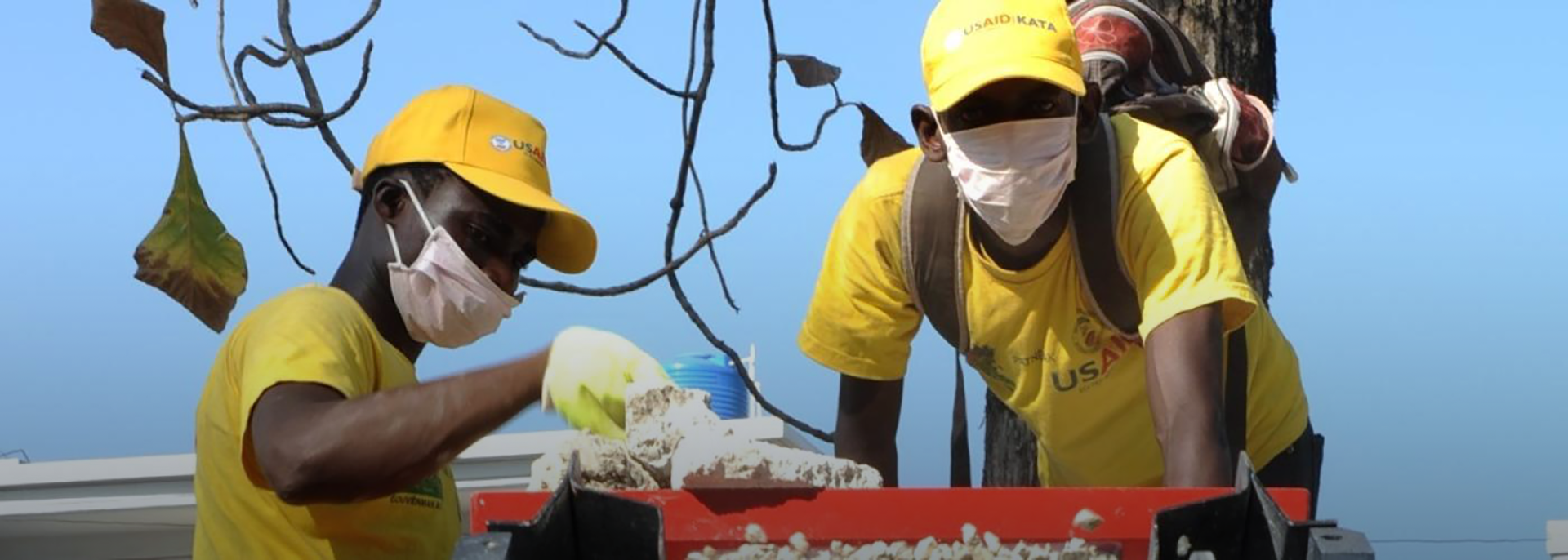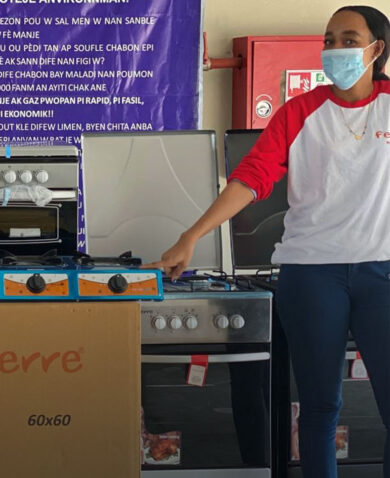
Advancing the Green Economy Through Market-Based Approaches
November 15, 2022 | < 1 Minute ReadClimate change threatens economic growth worldwide, and the application of market-based approaches to address development and humanitarian challenges is essential for building climate-resilient and sustainable economies.
Climate change is a global crisis that threatens every aspect of economic growth. Since enterprises are drivers of economic growth, applying market-based approaches that use business models and market forces to address development and humanitarian challenges more sustainably and at scale is essential for building climate-resilient and sustainable economies. Market-based approaches will need strong collaboration across technical sectors and market actors, prioritizing local leadership and inclusivity to make a just transition to a green economy. Sustainability is important for conserving the environment on which communities depend, supporting the recovery of local economies, and preserving development gains and longer-term economic growth. Approaches addressing the nexus between economic growth and the environment support USAID’s strategic goals outlined in its Economic Growth Policy and Climate Strategy.
This November on Marketlinks, coinciding with the 27th UN Climate Change Conference in Egypt, Chemonics, with the support of the USAID Bureau for Humanitarian Assistance (BHA), is hosting a theme month on advancing the green economy through market-based approaches. We are excited to share approaches to the green economy that span the range of emergency response, recovery, and development interventions that are contributing to USAID’s whole-of-agency climate response and environmental protection.
Read the full blog at Marketlinks.
Banner image caption: Men working through a temporary employment program funded by USAID through CHF crush rubble in Carrefour, Haiti, on Feb. 15, 2011. The crushed rubble can be recycled as fill for new construction. Photo by Kendra Helmer/USAID.
Posts on the blog represent the views of the authors and do not necessarily represent the views of Chemonics.















































